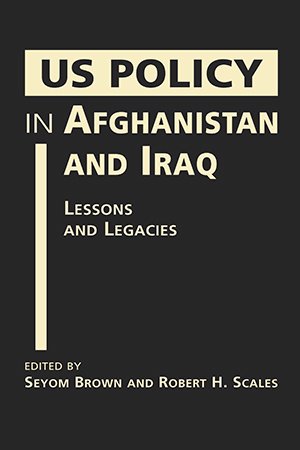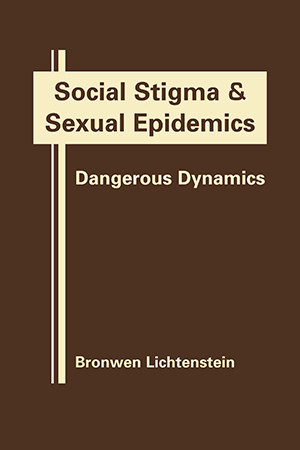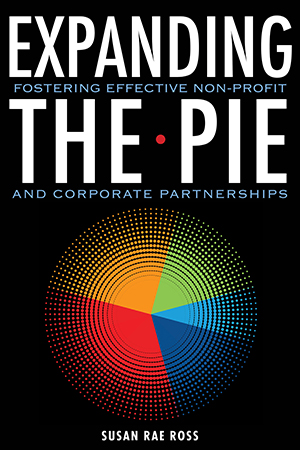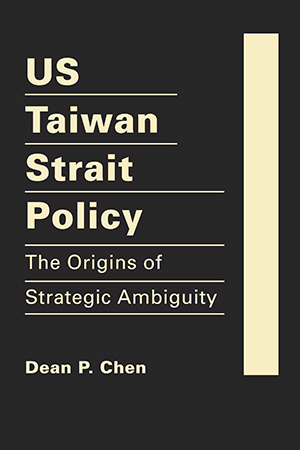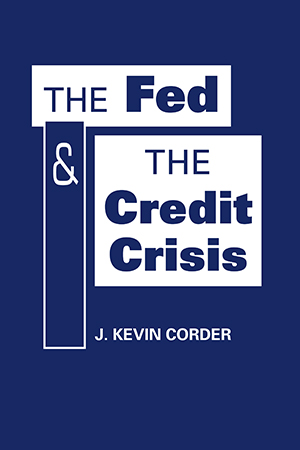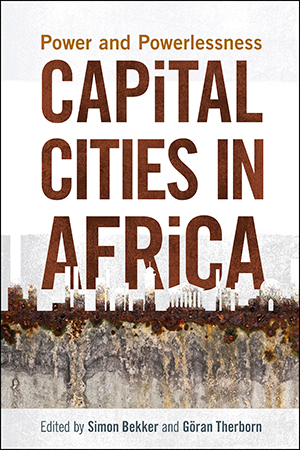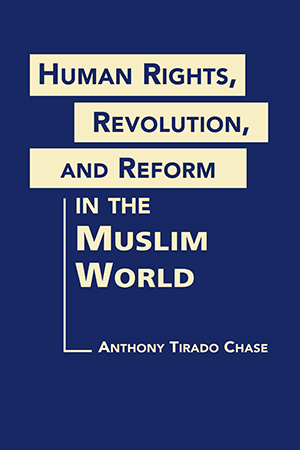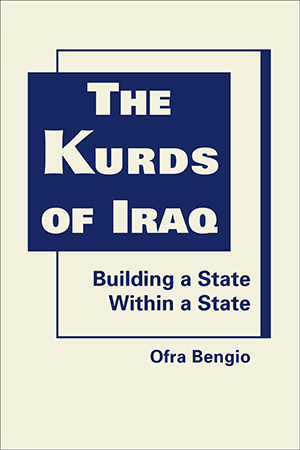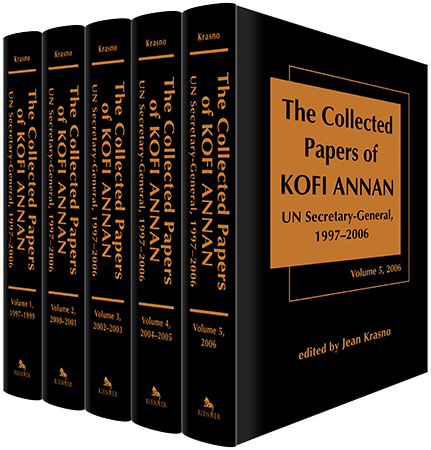BOOKS
How have the costs, both human and material, of US involvement in the conflicts in Afghanistan and Iraq affected the country's will for conducting regime-change operations? What are the More >
Bronwen Lichtenstein draws on cases around the world to illustrate how sexual epidemics continue to be shaped by powerful forces of race, gender, and the lingering consequences of More >
Axiom Business Book Award Winner! Susan Rae Ross provides essential tools and frameworks—illustrated by a selection of useful case studies—to support NGO managers in More >
Why did the Truman administration reject a pragmatic approach to the Taiwan Strait conflict—recognizing Beijing and severing ties with Taipei—and instead choose the path of More >
What was the role of the Federal Reserve System in the 2008 financial crisis—as a cause of the crisis, as the most important government agency to respond, and as the center of federal More >
Capital cities today remain central to both nations and states. They host centers of political power, not only national, but in some cases regional and global as well, thus offering major More >
Do human rights inform the nature of politics in the Muslim world today? If so, how? And perhaps more fundamentally, why? Linking these questions in a provocative way, Anthony Tirado Chase More >
From bicycle stands configured to prevent theft to pharmaceutical packaging that thwarts counterfeiters, the authors fuse crime science and design practice to point the way forward for a new More >
Ofra Bengio explores the dynamics of relations between the Kurds of Iraq and the Iraqi state from the inception of the Baath regime to the present. Bengio draws on a wealth of rich source More >
The thousands of documents in this five-volume set illuminate the complexity and texture of the workings of the United Nations as they trace the activities of Secretary-General Kofi Annan More >



